Explore the dynamic world of Open Educational Resources and discover how OER Africa is driving the movement forward. This page is divided into two sections:
Articles: Our articles aim to deliver insights on OER-related themes that inform, spark conversation, and engage with the developing open education landscape, with a particular focus on Africa.
Updates: Below, the articles, you'll find updates on OER Africa’s latest initiatives, activities, and contributions to the OER community.
Articles
This section features targeted articles crafted specifically for educators, students, and the global Open Educational Resources (OER) community. The articles examine themes related to OER, offering insightful perspectives and information. The content seeks to inform, prompt discussion, and actively engage with the dynamic landscape of open education, particularly within the African context.
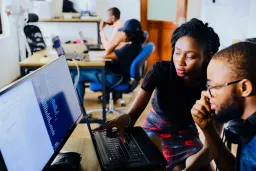
Assessment always has a purpose. We need to be clear on that purpose in our learning design work. But that purpose can vary. In this article aimed at educators, we explore assessment of, for, and as learning to think about the purpose of assessment and to help us think about integrated summative assessment.
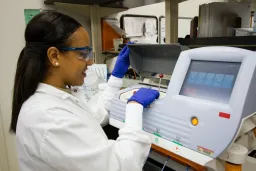
You may have seen ArXiv pop up in your science-related or open access repository searches. ArXiv is an open access repository for pre-prints and post-prints that have been moderated but not peer reviewed.

Are academics at your institution struggling to find the time and space to invest in their own continuing professional development (CPD)? With so many competing priorities, many academics find it difficult squeeze CPD in among their other daily responsibilities.
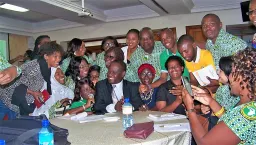
In this week’s article, Leanne Rencken delves into the ongoing collaboration between the African Library and Information Associations and Institutions (AfLIA) and OER Africa. OER Africa has developed three learning pathways, as part of its grant from the William and Flora Hewlett Foundation, and, along with AfLIA, is piloting them with university and academic librarians on the continent.
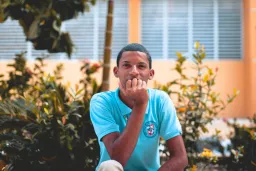
Sustainable food systems and climate change are pressing global issues that go hand in hand. Will these challenges be left to the youth because they will be most affected? This article will explore what role OER can play in empowering youth to transform food systems.
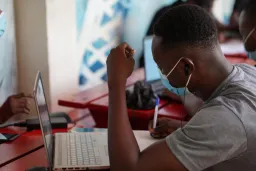
The Open Access (OA) movement has gained even greater traction over the past 18 months, in an effort to make research on COVID-19 more widely available and to make research in other fields accessible to remote teachers and learners. But what is OA? Why is it increasingly important and how has COVID-19 advanced the OA cause?
Updates
This section provides updates on OER Africa’s initiatives and activities. Stay informed about our contributions to the OER community and how we are driving the open education movement forward.

This study by John Hilton III synthesizes results from sixteen efficacy and twenty perceptions studies involving 121,168 students or faculty that examine either (1) OER and student efficacy in higher education settings or (2) the perceptions of college students and/or instructors who have used OER.

COL President and CEO Professor Asha Kanwar delivered a keynote at the eighth Distance Education and Teachers’ Training in Africa (DETA) Conference at the University of Lagos, Nigeria on 24 July 2019.
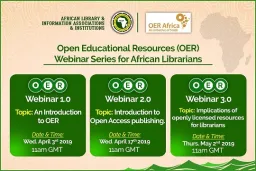
On Wednesday 3 April, 2019, Neil Butcher of OER Africa conducted a webinar for librarians, hosted by the African Library & Information Associations & Institutions (AfLIA). The webinar was the first in a series of three on open education resources (OER) for librarians.

This new publication has been put together by the OER Africa team in partnership with UNESCO IITE. The aim of the research was to shed light on economic and pedagogical value of investing in OER.

Simple, short tutorial to acquire the skills necessary to search for open content, decipher Creative Commons rights and permissions and evaluate the usefulness of OER for new purposes.

OER Africa would like to congratulate Associate Professor Cheryl Hodgkinson-Williams on her appointment as a UNESCO Chair in Open Education and Social Justice. The UNESCO Chairs Programme serves as a think tank and bridge-builder between academia, civil society and local communities, as well as researchers and policymakers.
